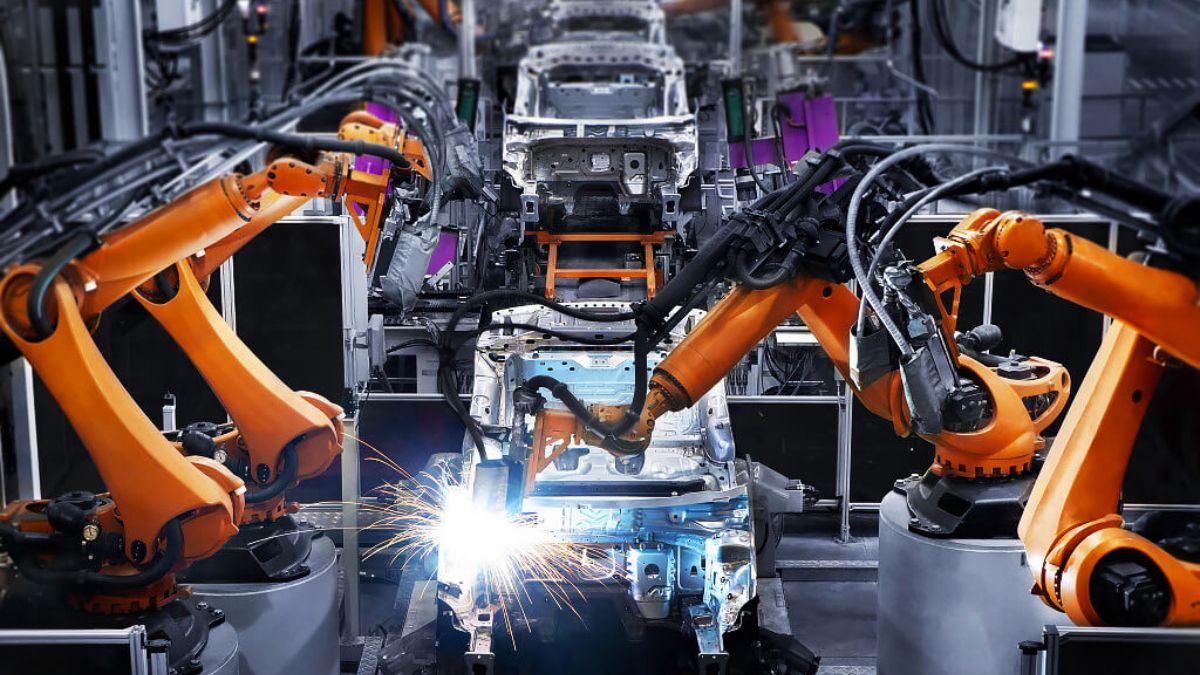The automotive industry is facing an unprecedented challenge due to a global shortage of semiconductor chips. The shortage, initially triggered by the COVID-19 pandemic and exacerbated by increased demand for electronic devices, is having a profound impact on vehicle production worldwide.
Semiconductor chips are crucial components in modern vehicles, powering everything from engine control units to advanced infotainment systems. The shortage has forced automakers to cut production, leading to delays in delivering new vehicles and, in some cases, increased prices for consumers.
Major automakers are actively seeking solutions, collaborating with chip manufacturers and exploring alternative sources. However, the complexity of the semiconductor supply chain and the high demand for chips in various industries make resolving the issue a formidable task.
The global chip shortage serves as a stark reminder of the interconnectedness of industries in the modern era. As automakers work diligently to address this challenge, the situation underscores the importance of resilient supply chains and the need for strategic planning to mitigate the impact of unforeseen disruptions.


